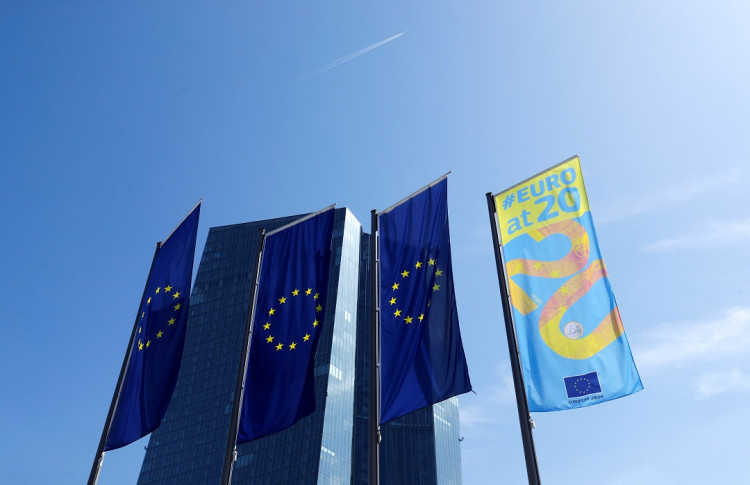New economic data has shown a decrease in growth for the world's fourth-largest economy.
Germany saw its gross domestic production (GDP) for the second quarter of the year contract by 0.1 percent when compared to the same period last year. The shrinkage was in line with analysts' expectations, which forecasted that global uncertainty and the worsening geopolitical climate would have a massive toll on the country's economy.
The GDP contraction was relatively significant given that Germany's economy had experienced a 0.4 percent growth during the first three months of the year. According to Dutch Bank ING's chief economist, Carsten Brzeski, the figures officially mark the end of Germany's economic golden decade.
Analysts have revealed that Germany, Europe's largest economy, was hit by a number of negative factors that significantly affected its growth potential. The "perfect storm" of factors included the negative effects of the ongoing trade dispute between China and the United States, which cut into Germany's export of goods to both countries.
The weakening global automotive sales also hit the country's economy, cutting into its manufacturing output and overall revenues. The last factor that contributed to the contraction was the ongoing fears of a no-deal Brexit, which further dragged down on investments and economic output.
According to Brzeki, the overall factors have resulted in an uncertain climate, which in itself was the main driver for contraction. The effects of the global trade conflict were apparently overshadowed by overall uncertainty, which dragged economic activity during the second quarter.
German industrial output was revealed to have dropped by over 5 percent during the month of June. This was further indicated by the Leibniz Centre for European Economic Research data, which saw economic sentiment drop to its lowest level since 2011.
Automotive demand, especially in China, has also dropped in recent months. German automakers have continually seen their new car sales drop each month since the beginning of last year, which is a big problem for the country's top three firms, Daimler, BMW, and Volkswagen.
The country's automotive industry also has had to deal with an increase in global emissions standards. The escalation of these standards has dramatically increased production costs for major players.
Economists have suggested that Germany should consider large investments geared towards stimulating the economy. However, Germany is known to be a country that is notoriously wary about spending and borrowing. If the German government does nothing to remedy the situation, it might only be a matter of time before the entire economy goes into recession.
There are expectations that the European Central Bank will intervene and likely take action after its scheduled meeting in September. The central bank could potentially decide to cut interest rates, which are currently now at very low levels. Another option would be for the central bank to restart its bond-buying programs that were originally designed to spur economic growth.






